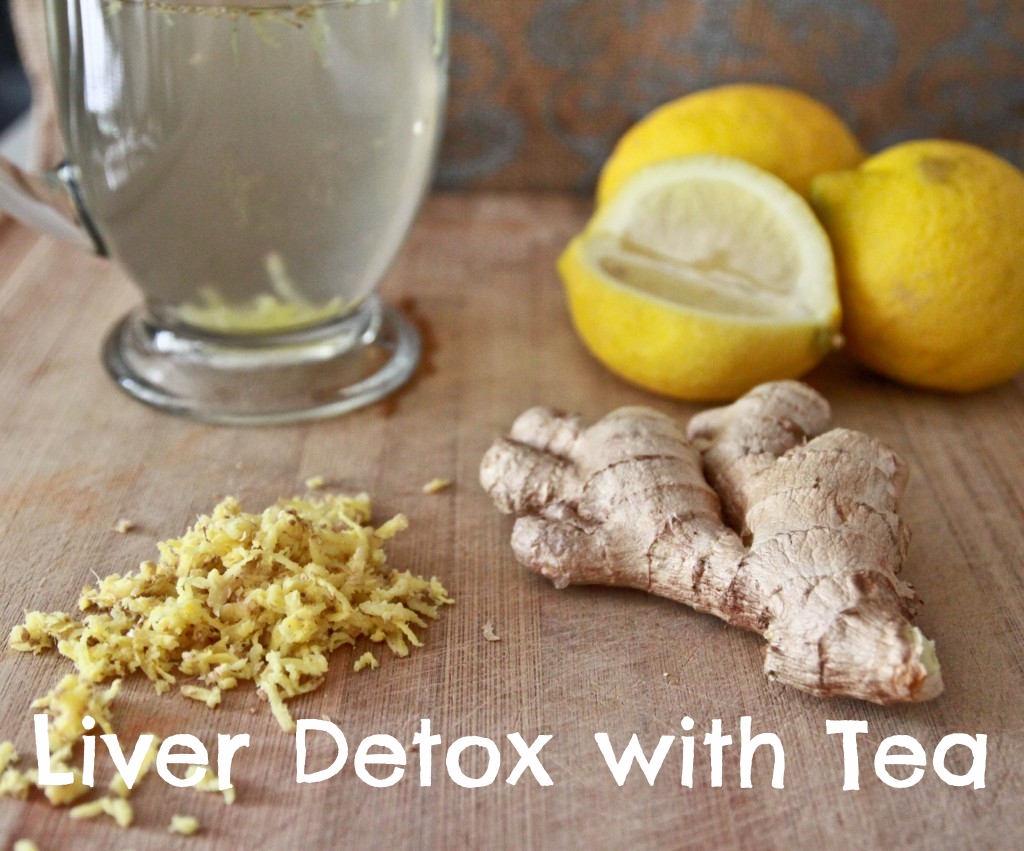
Herbal Teas for Detoxification
By Gene Bruno, MS, MHS, RH(AHG)
In her 1962 groundbreaking book Silent Spring, Rachel Carson wrote: “For the first time in the history of...

But what do these toxins do in our body? There is plenty of evidence that these toxins affect our hormones, our nervous systems and ultimately our health. Edward Bauman, Ph.D., of Bauman College explains in his curriculum and in his many public appearances that these toxins are making us fat. As toxins in our environment increase, so too is our rates of obesity and other health issues. Is this a conclusive correlation? It's definitely worth consideration and further study.
In nutrition school you quickly learn that toxins tend to be stored in the adipose (fat) tissue of the body. This is one of the main reasons it is not recommended to eat animal fats from animals that have been raised in a toxic environments or have been injected with harmones and other chemicals. This, of course, is less true of the humanely grown free-roaming animals.
It is strongly believed that environmental toxins damage the sympathetic nervous system and our delicate hormonal feedback loops that help us control our weight (Bauman, 2008). Hormones fed to livestock and other commercial meats to make them grow will also cause weight gain when consumed by humans. It's no wonder peole have so much trouble losing weight! It's definitely an uphill battle. There is a common belief that if you just reduce your calorie intake (food) and increase calorie use (exercise) that you will lose weight. Well I believe this assumption is becoming obsolete. There's more to the obesity issue than just calories in, calories out.

Toxins in the environment include such categories as:
Nobody is immune to toxicity. As we previously mentioned, toxins are everywhere. Weight gain and obesity are not the only symptoms.
Acne |
Excessive mucous |
Nausea or vomiting |
Metallic taste in mouth |
Fatigue |
Poor concentration |
Brain fog |
Gas, bloating |
Ringing in ears |
Circle under the eyes |
Headaches/migraines |
Skin rashes |
Constipation |
Inflammation |
Strong body odor/bad breath |
Digestive problems |
Joint and muscle aches |
Weight gain and obesity |
There are many health issues like obesity that are believe to be related to toxicity. These include arthritis, chronic fatigue, fibromyalgia, leaky gut, chemical sensitivities and autoimmune conditioins in general. But what can one do about it?
Of utmost importance, of course, is removing as many environmental toxins from your life as is possible. There are many toxins we do have control over, like the cleaners and chemicals around the home. Personal products are common culprits for sneaking in toxins through our skin. A whole foods, organic diet will not only eliminate many of those environmental toxins, but the nutrients inherant in those foods will support the body's own detoxification pathways and help to remove them.
A gentle detoxification program that may use supportive products is also very helpful in assisting the liver and other detox organs in eliminating toxins. I recommend detoxing at least once or twice a year. I like to detox in the spring after a cold long winter, and in the fall, just before entering the cold dark winter.

By Gene Bruno, MS, MHS, RH(AHG)
In her 1962 groundbreaking book Silent Spring, Rachel Carson wrote: “For the first time in the history of...

By Art Presser, PharmD - President, Huntington College of Health Sciences
Cayenne or Capsicum consists of the dried...